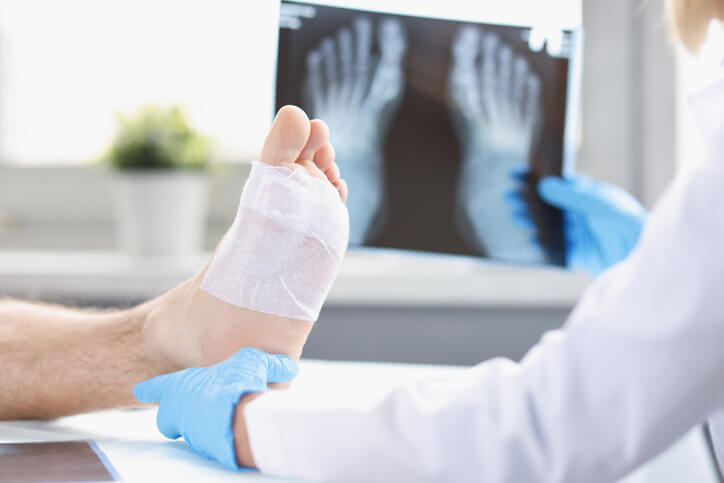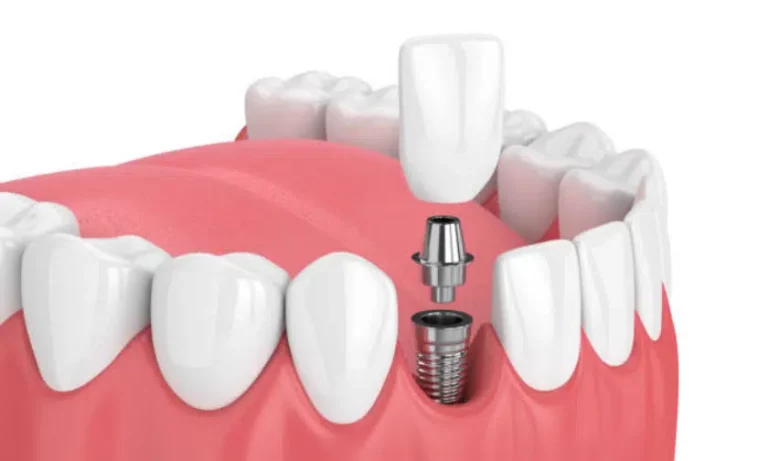Can You Use Peptides To Grow Your Muscles

As someone who’s been closely monitoring trends across both skincare and bodybuilding industries, I was lucky enough to pick up on this peptides craze in its early days, back in 2016, and follow it along all the way to the beginning of 2023, where peptides saw their biggest boom.
One thing is for sure, the demand for peptides is at an all-time high (and continues to grow), but is this growth justified?
In this article, I’m going to answer this question with an emphasis on muscle growth and bodybuilding. I get a lot of these questions, and now it’s time to settle this debate once and for all – do peptides help with building muscles or not?
What Are Peptides And What Do They Do?
Peptides actually exist naturally in our body; not only that, they exist in animals, plants and fish as well. And, since they are “only” short chains of amino acids, manufacturers can isolate and create individual peptides by combining amino acids.
This very structure is what allows them to act in a similar fashion to certain hormones and messaging compounds. As such, peptides can affect different processes in our body, affect hormones and even our DNA.
They can also boost the immune system, speed up cell recovery, reduce inflammation… Another set of benefits we’re particularly interested in are muscle growth, exercise performance stimulation, and recovery shortening. This is why bodybuilders love them.
Do Peptides Work For Bodybuilders and How?
Science shows there is merit to using peptides for growing your muscles. There is one specific group of peptides called Growth Hormone Secretagogues (GHS) that stimulate the release of Human Growth Hormones (HGHs), which is vital in muscle growth stimulation and fat loss.
HGH was widely used back in the 80s as an enhancement drug in both recreational and professional athletes (including bodybuilders). Unfortunately, due to safety concerns, regulation bodies banned the use of HGH in 1989 in competitions, due to safety concerns.
And this is where GHS comes into play. It is believed, as well as shown in the research, that GHS promotes the release of HGH and leads to significant changes in body composition, both muscle growth and semaglutide for for weight loss.
The only drawback with these studies is not many of them were performed on well-trained individuals. So, though scientists believe these peptides promote body recomposition, it is not exactly known to what extent. It is also not entirely known which muscle groups do peptides affect the most or what exercise is best suited for peptides-assisted weight training.
What Peptides Are Best Suited For Muscle Growth?
As I already mentioned, bodybuilders are most interested in HGH inducing peptides – growth hormone secretagogues. These are:
Sermorelin
Tesamorelin
CJC-1293
CJC-1295
Ipamorelin etc.
How To Inject Peptides?
There are two main ways you can inject peptides:
Subcutaneous and
Intramuscular
Intramuscular injections are given into a muscle with a blood supply, which helps your body absorb the peptide faster.
Subcutaneous, on the other hand, don’t need to penetrate deeply, as they are injected in the layer of fat, located between your skin and muscles.
In any case, it’s not advised to inject the peptides yourself, especially if you haven’t done it before. You should get a health professional to guide you through the procedure (the first couple times) so you don’t make any mistakes and cause unintentional harm.
Safety Concerns And Side Effects
Unfortunately, we are lacking in the studies department as there just aren’t that many we can look into. The studies we have show that using peptides for muscle growth in short periods of time (in smaller doses) does not cause any health related problems.
Speaking of side effects, the most notable are:
Increased appetite
Elevated blood sugar levels and
Fluid retention
Final Verdict
It’s clear from the evidence and studies we currently have, that peptides do help with body recomposition, building muscle and reducing fat. We also know that side effects are mild and using peptides does not cause side effects in the short run.
We, however, need more studies and research done. Moving forward, the researcher’s goal should be to pinpoint the exact muscles peptides “hit” the most, what are the best types of exercises to pair up with peptides use, can we expect any health problems in the long run and how big of a change do peptides bring in individuals who are already in excellent physical shape.




